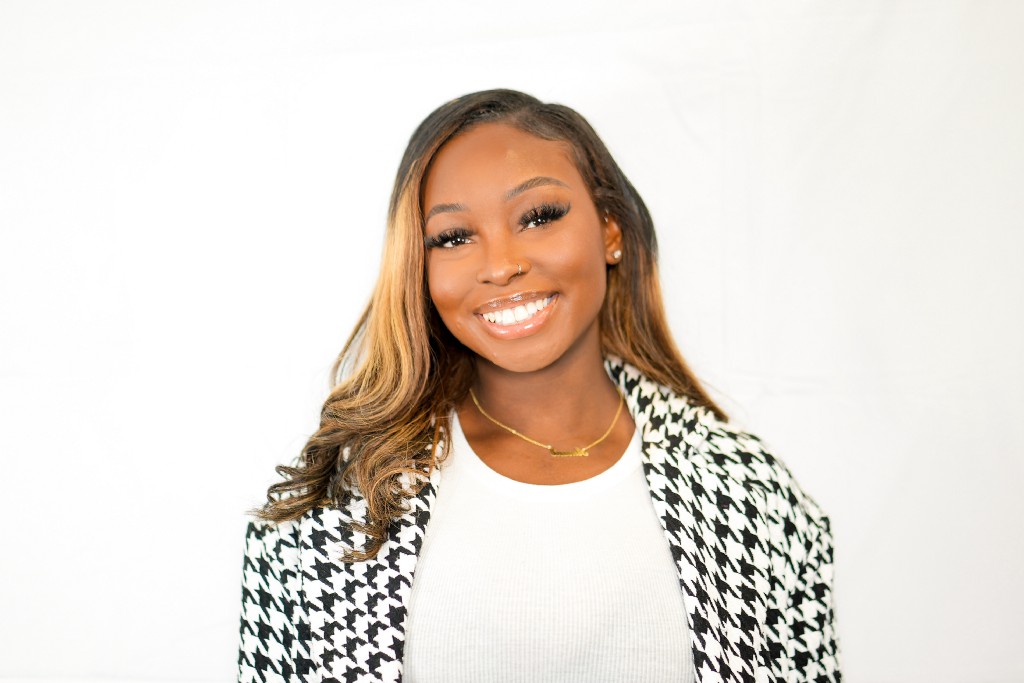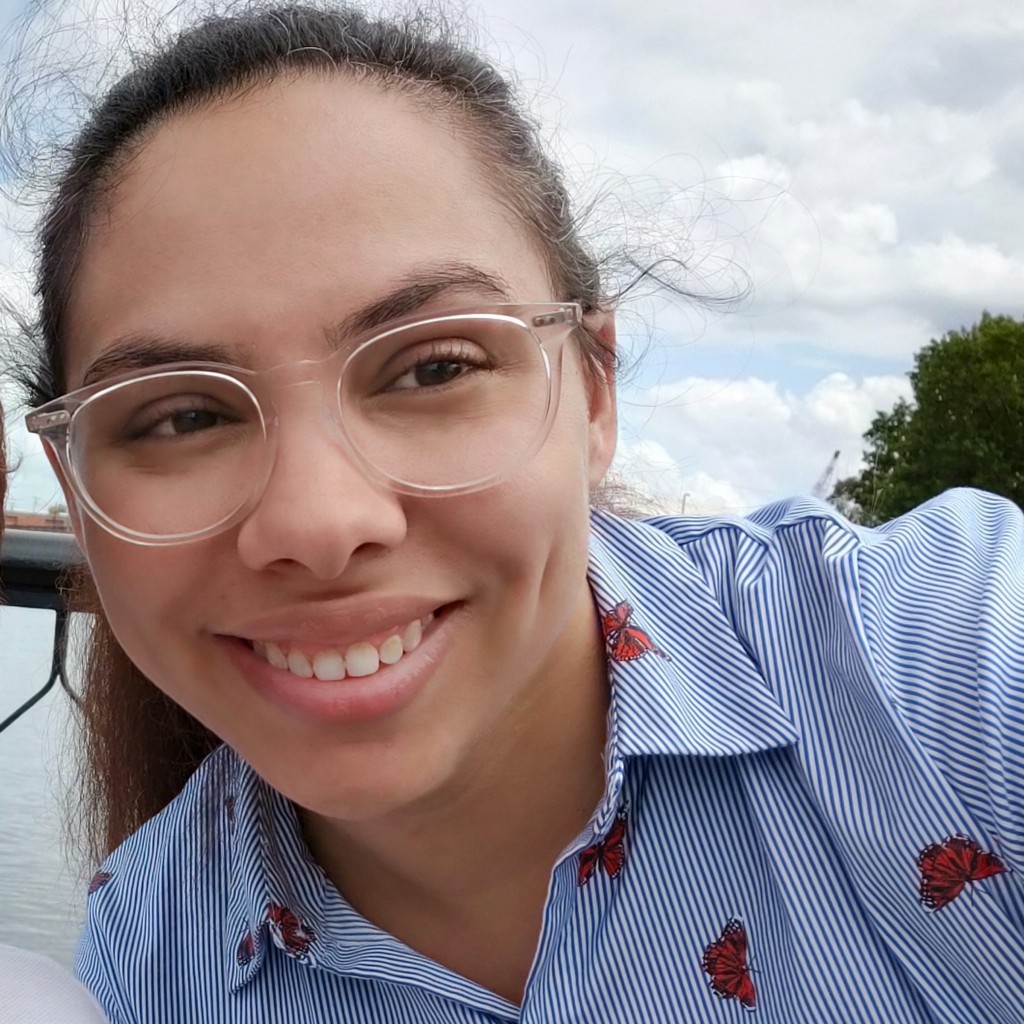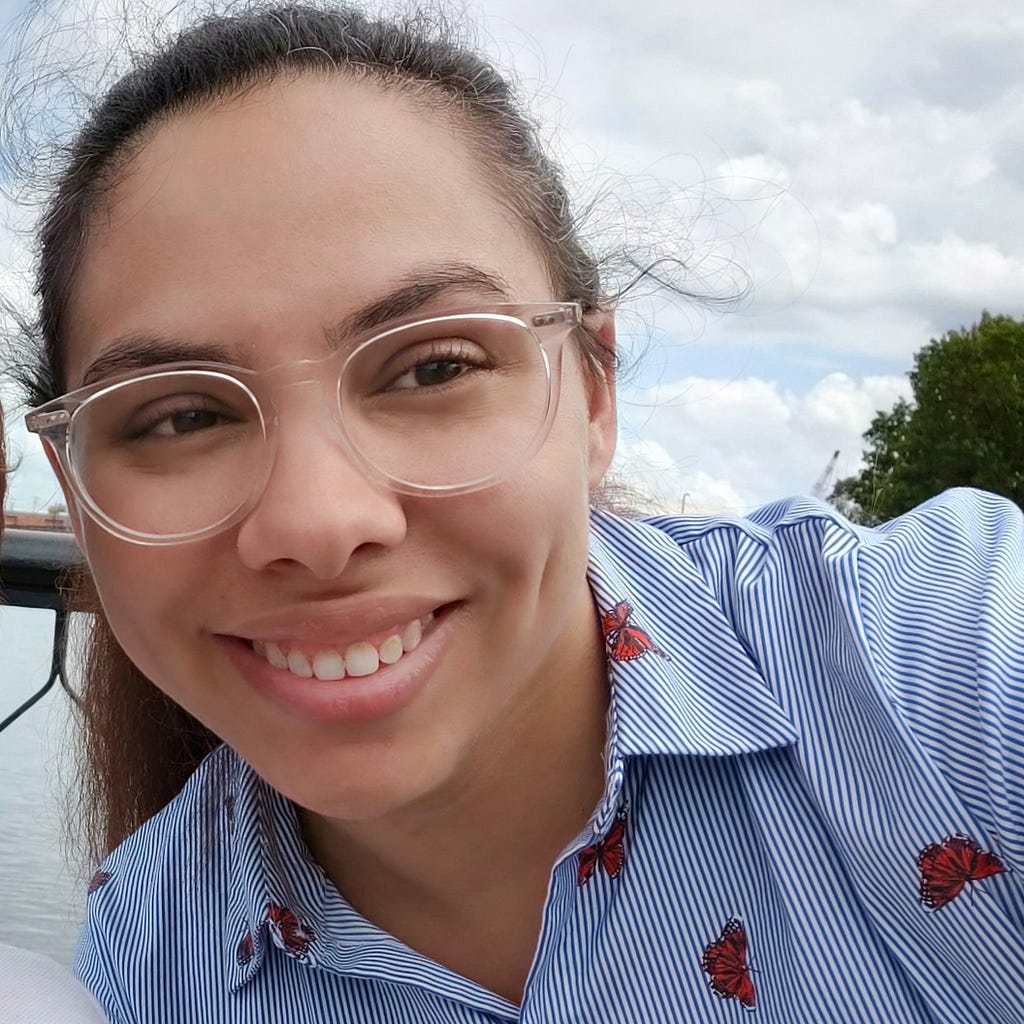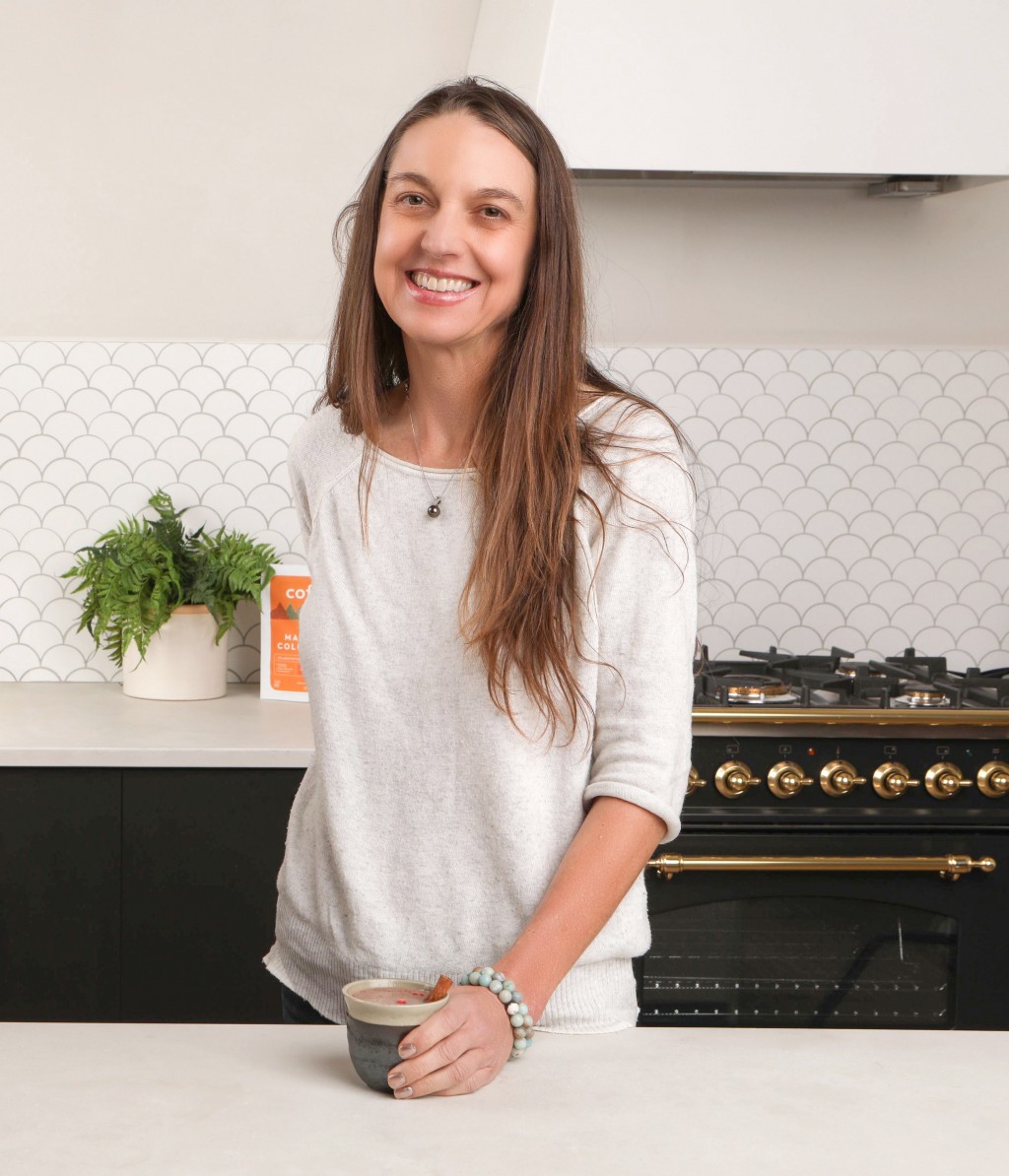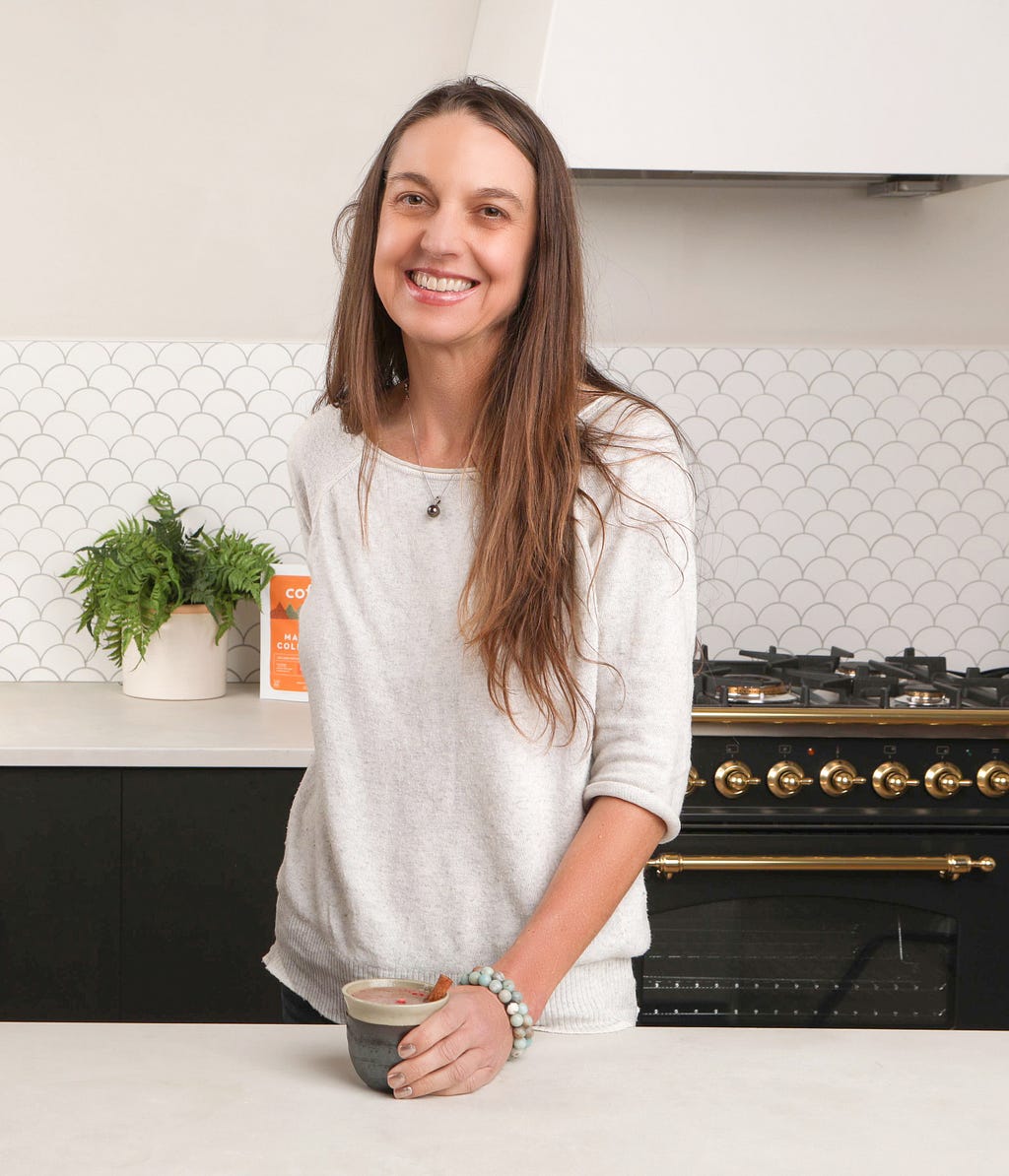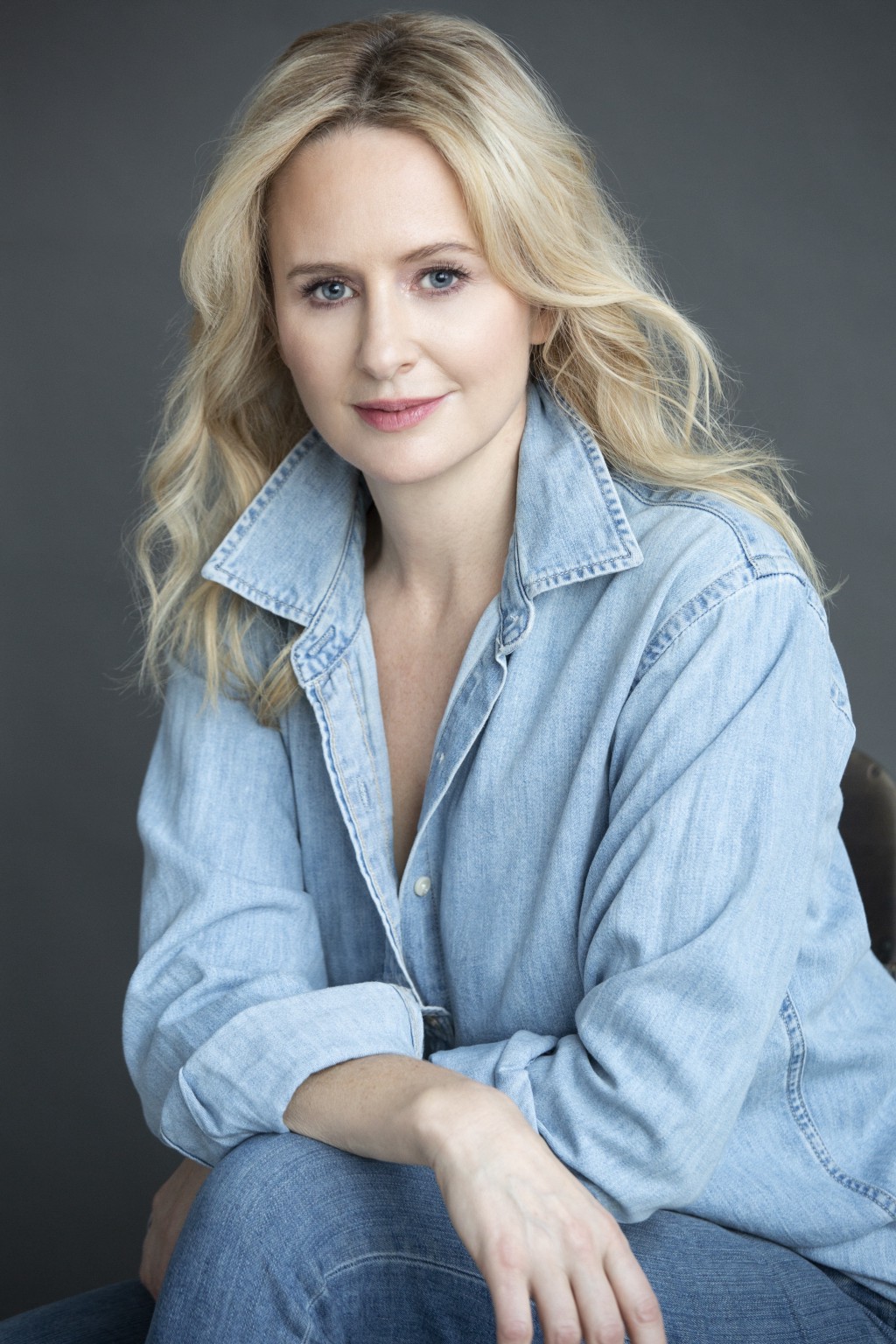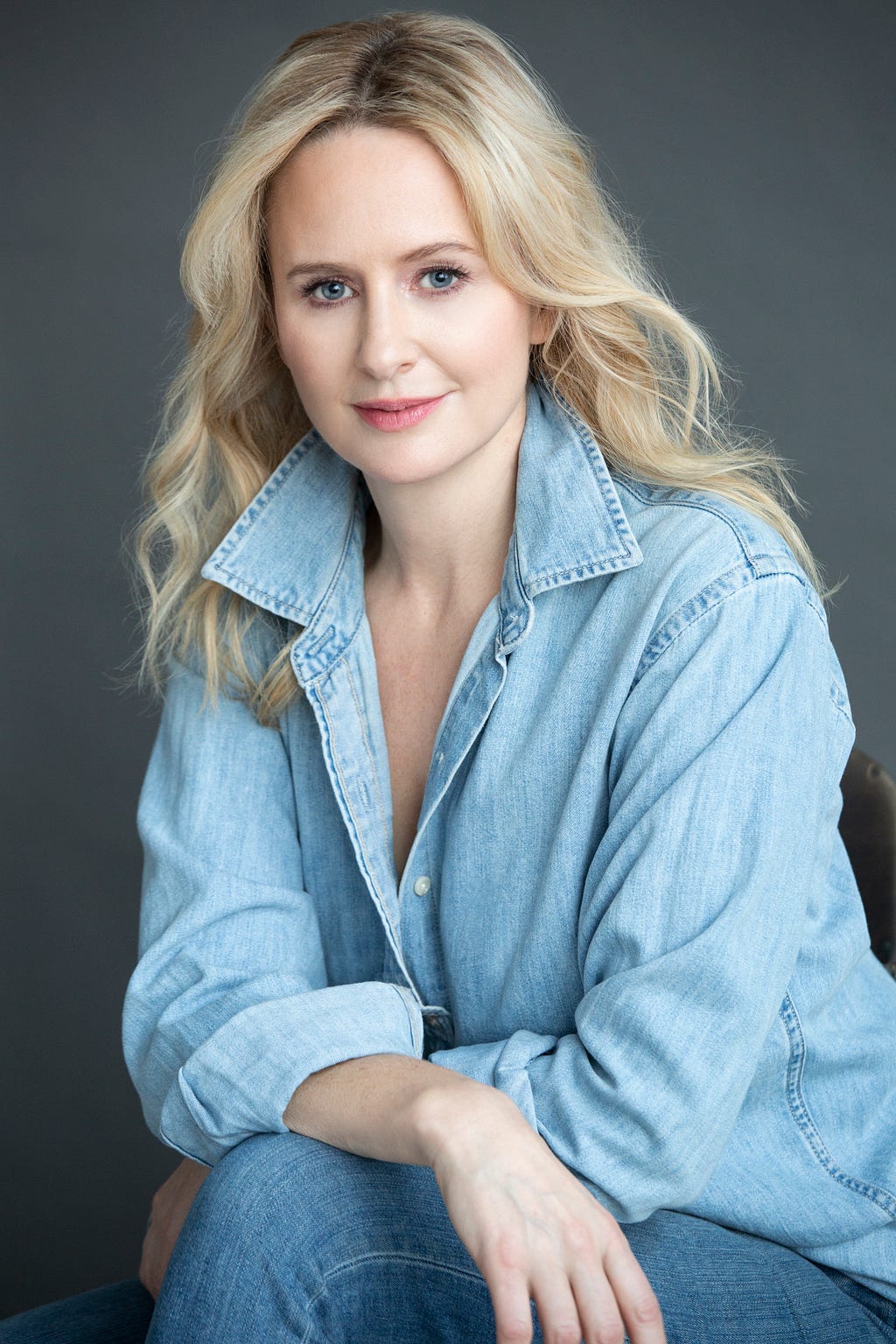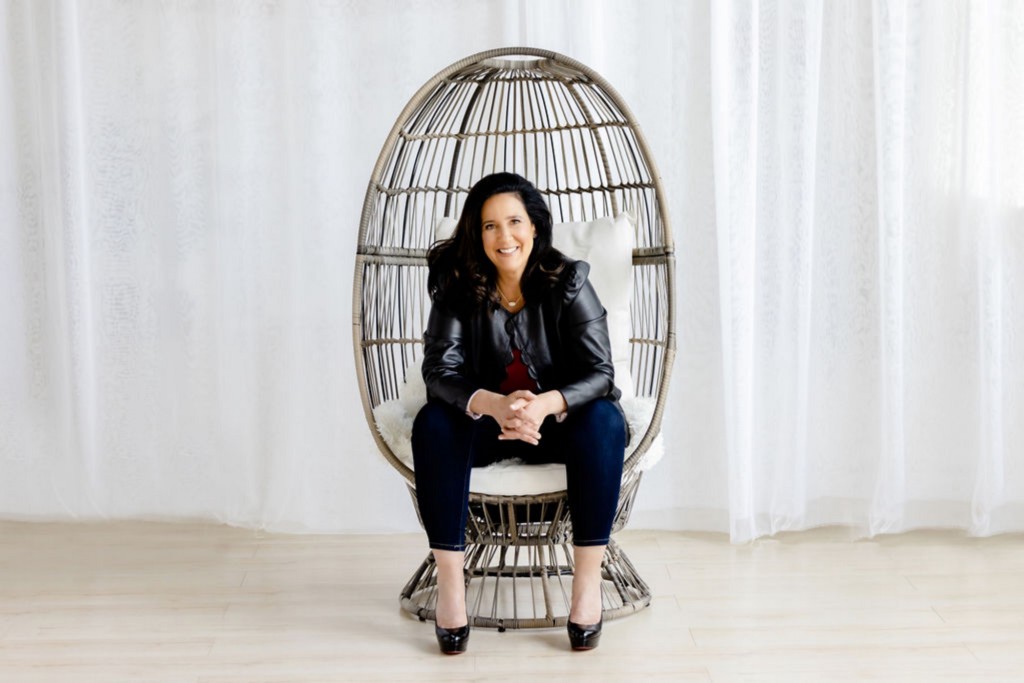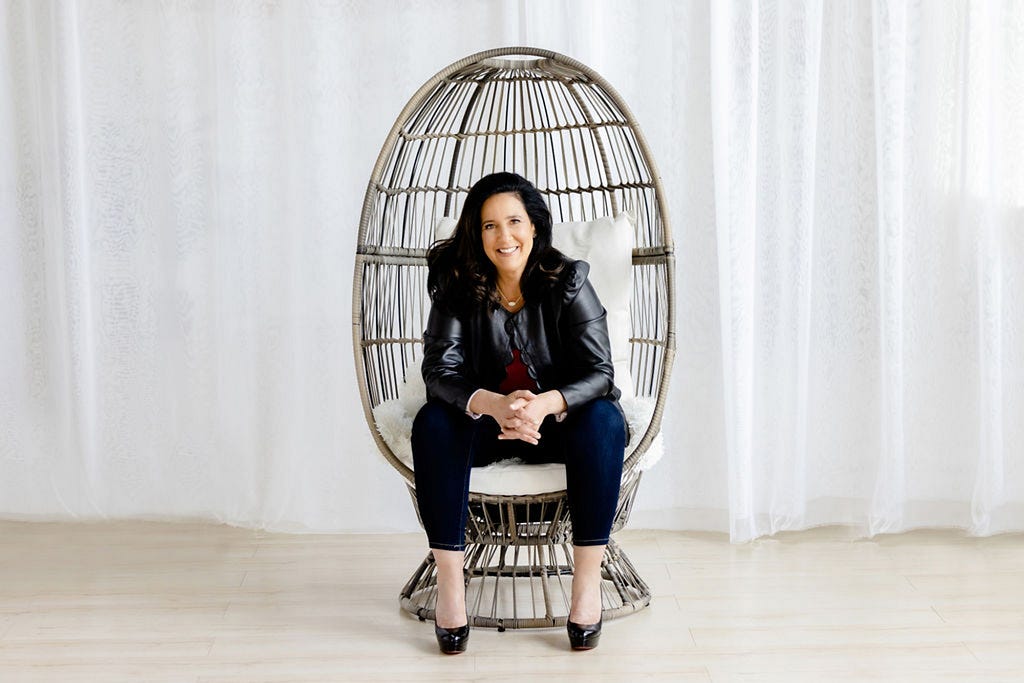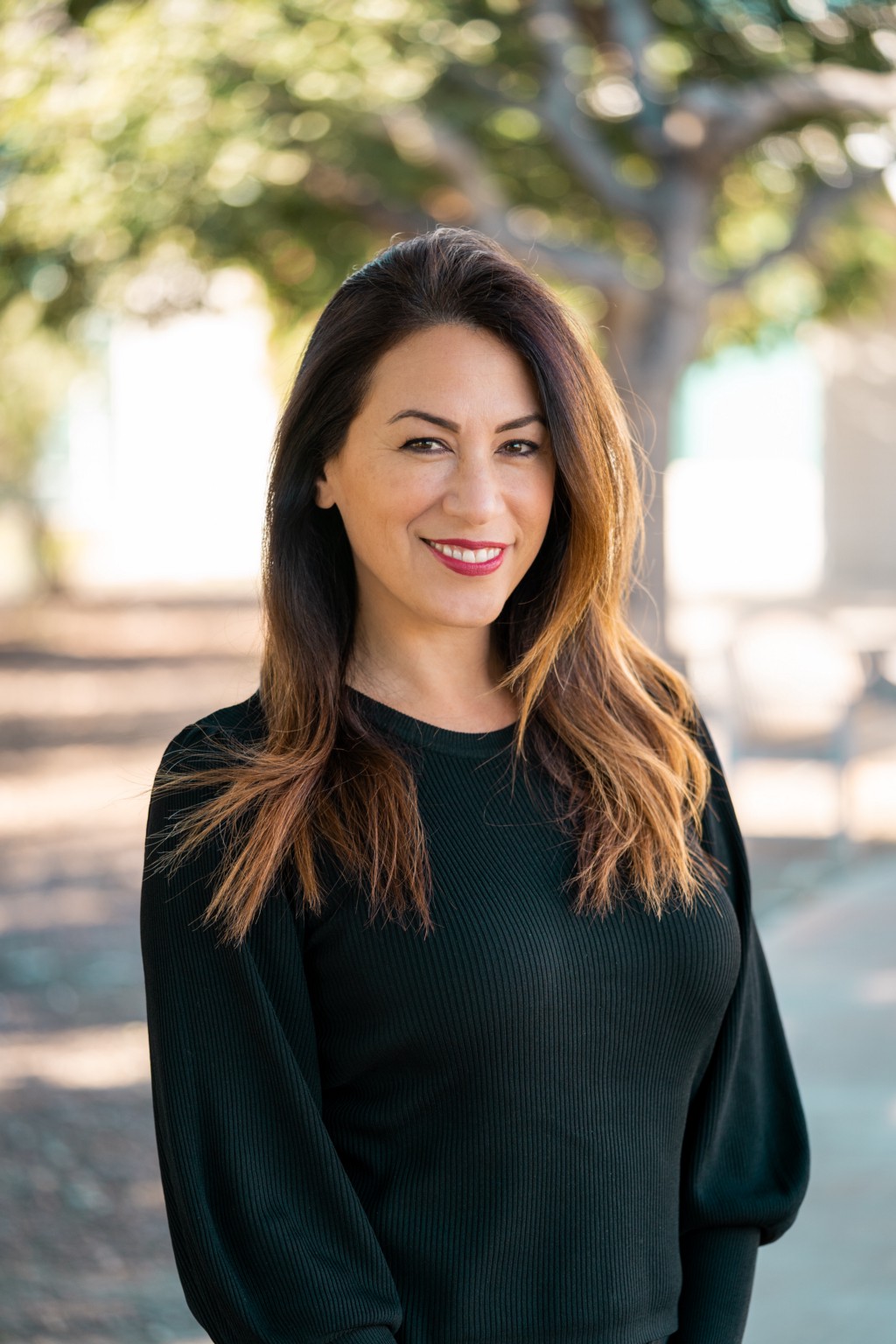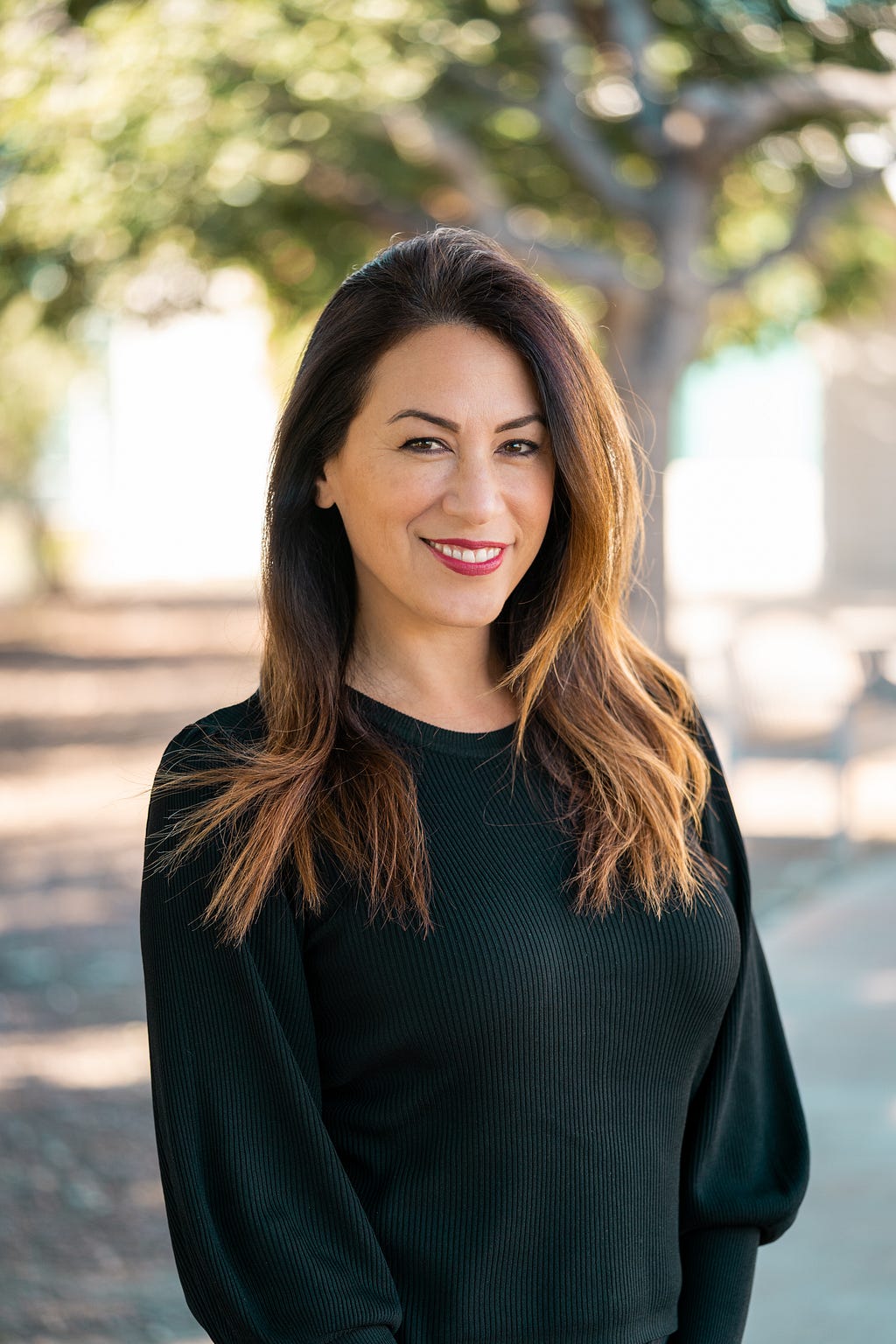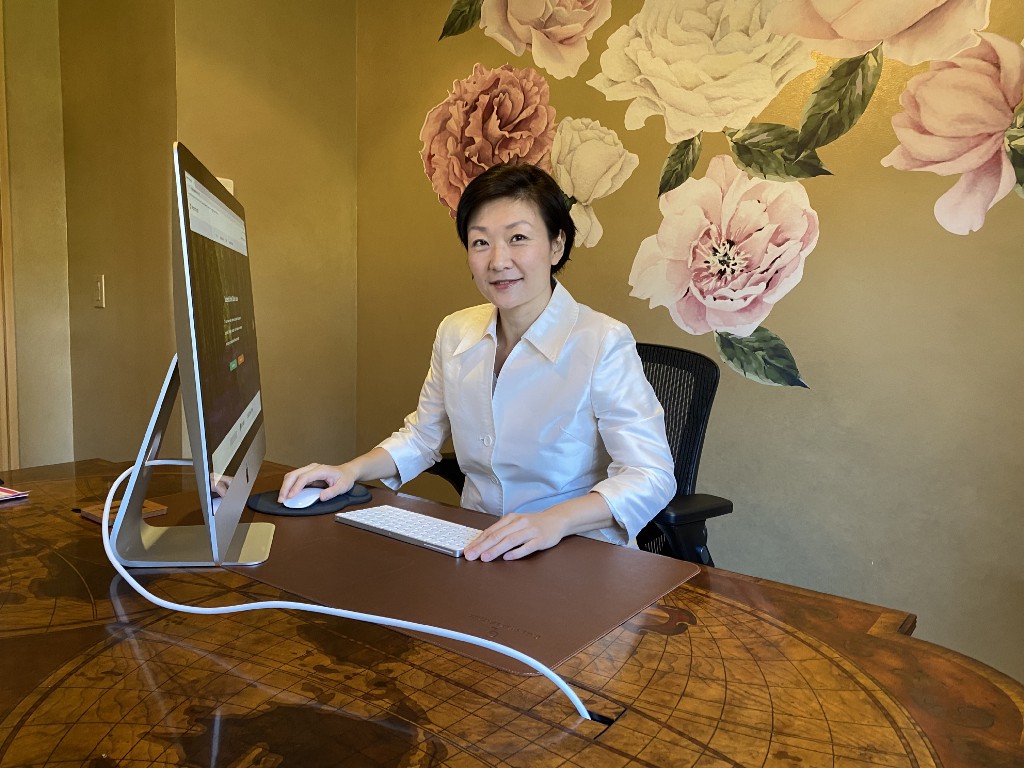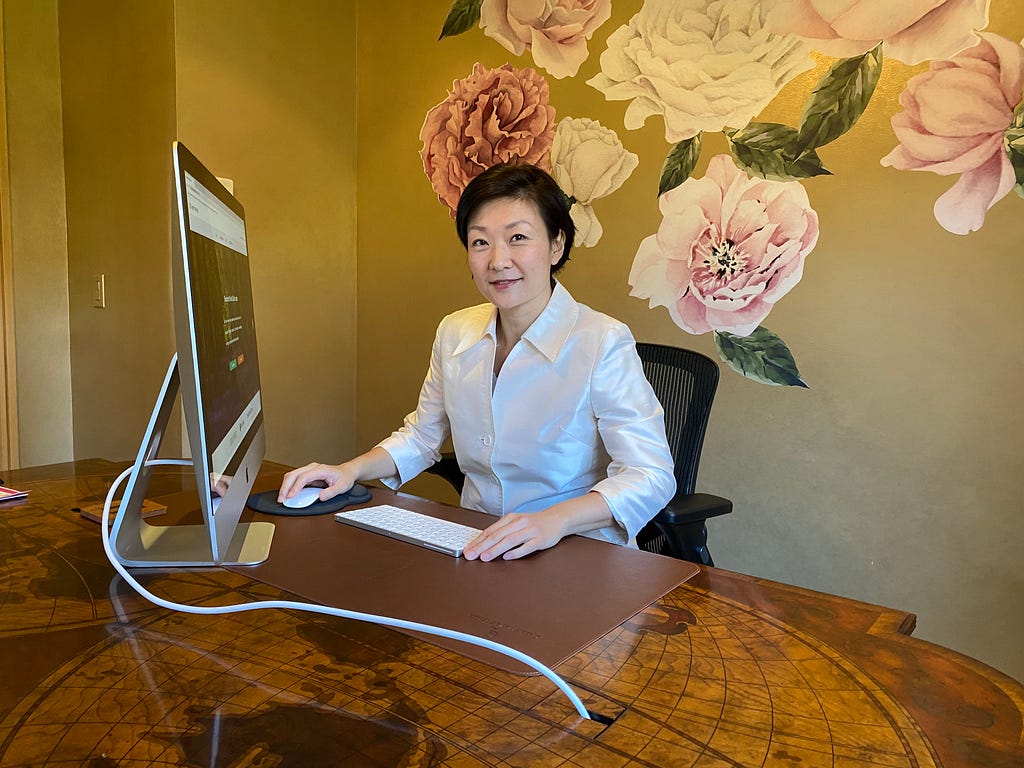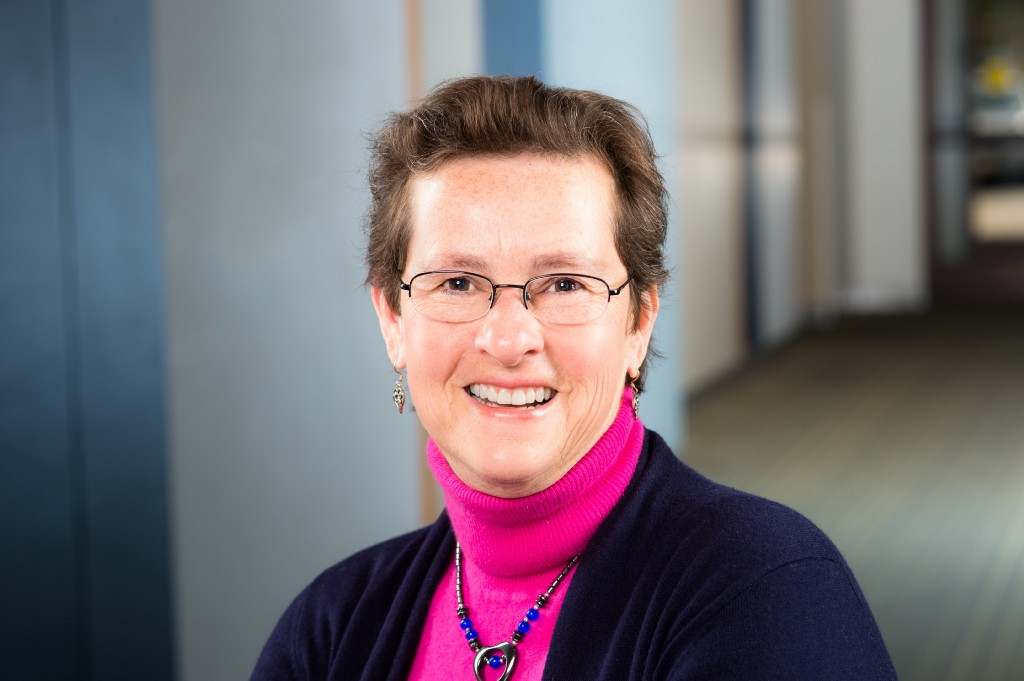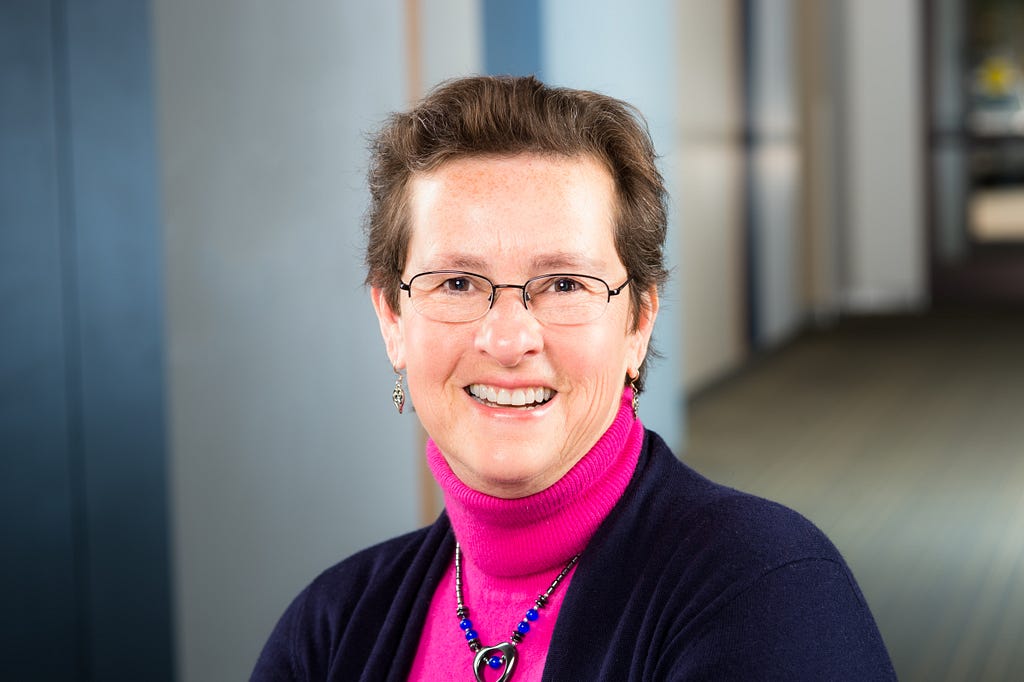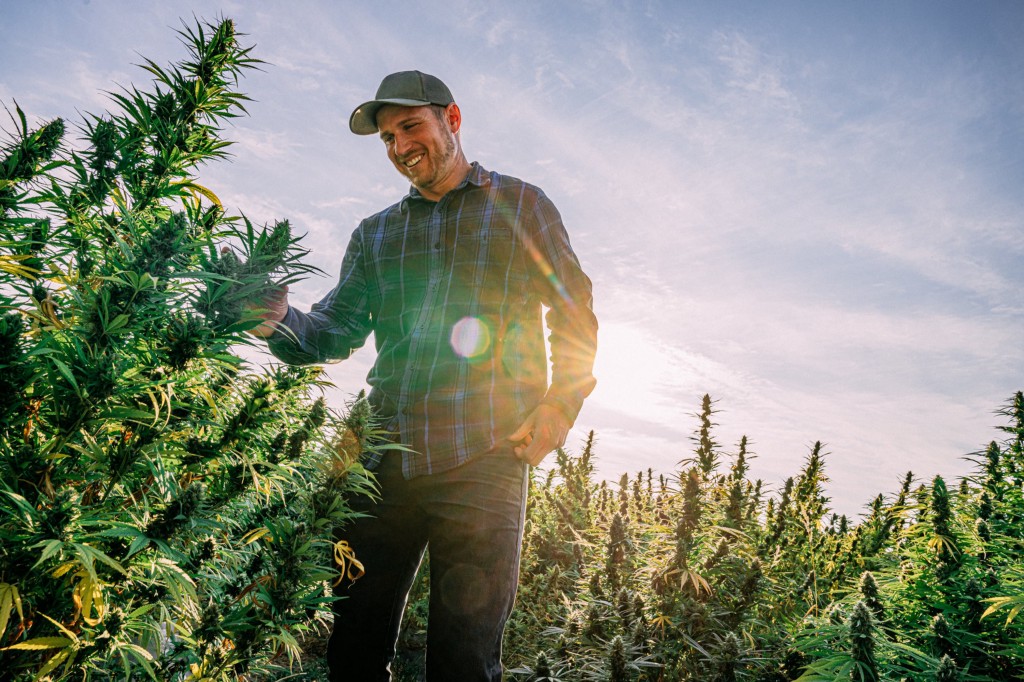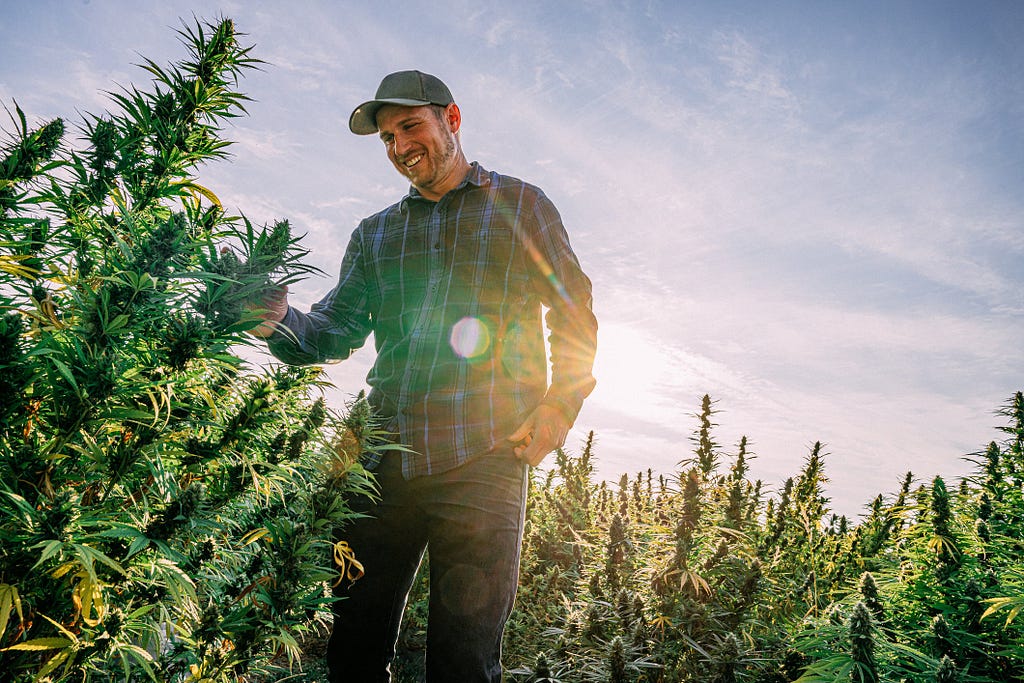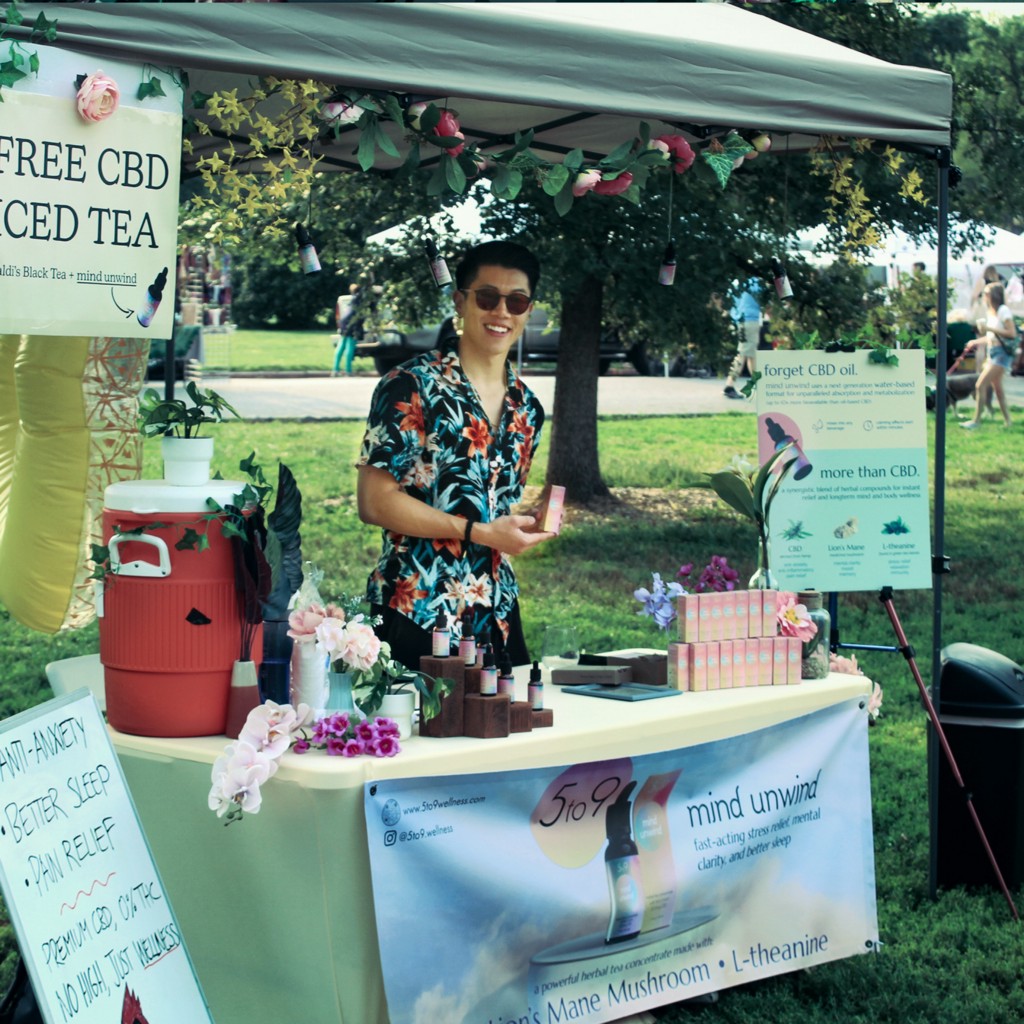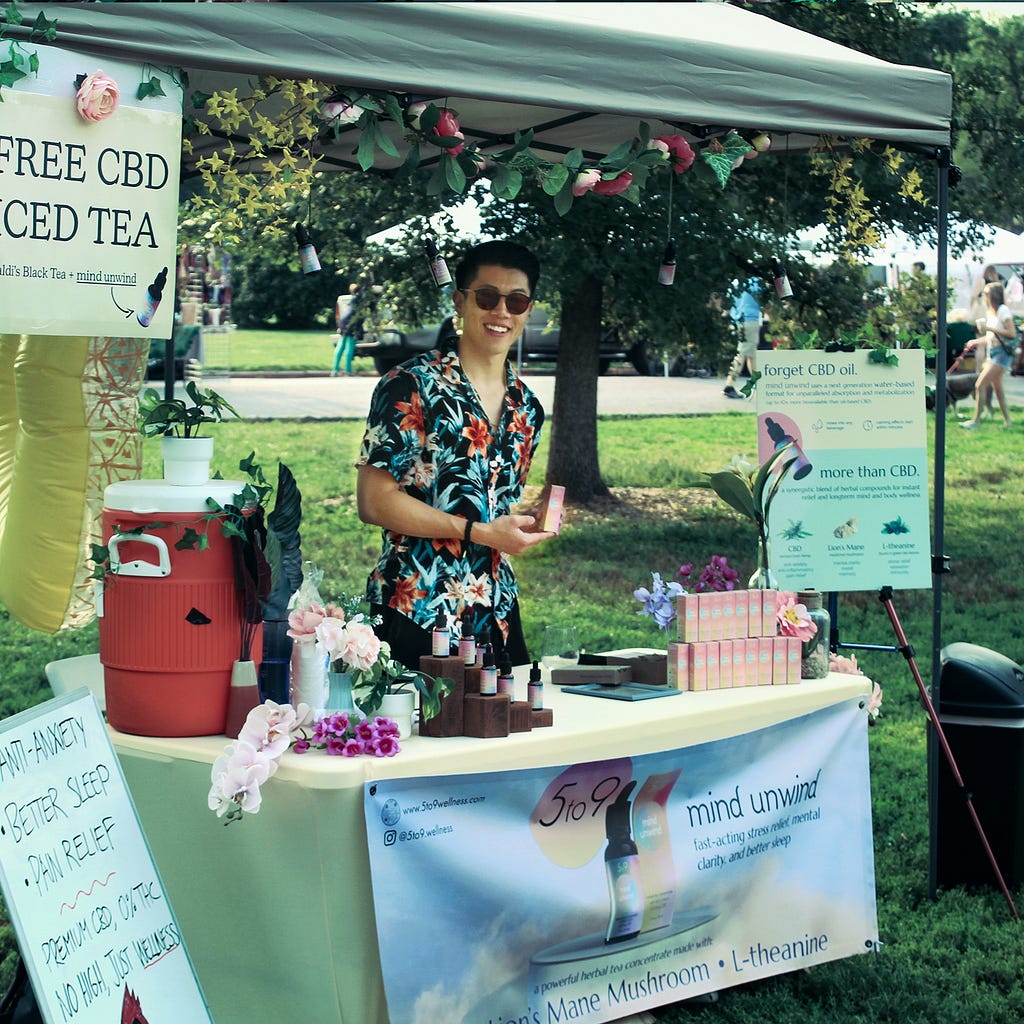Female Disruptors: Amani Wells-Onyioha of Sole Strategies On The Three Things You Need To Shake Up Your Industry
An Interview With Candice Georgiadis
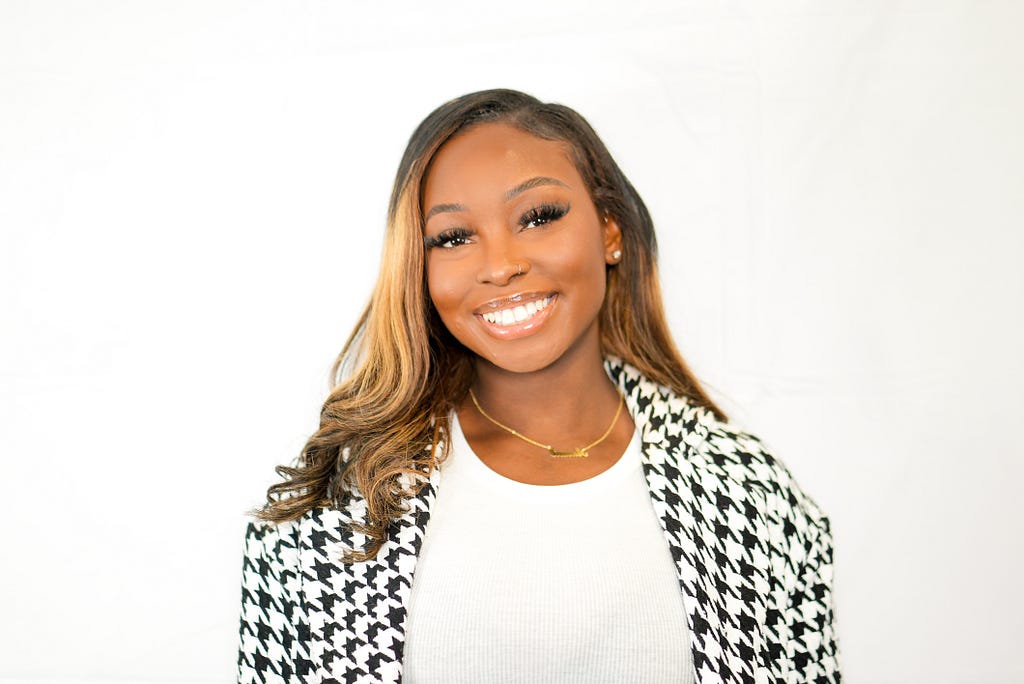
“If you love what you do, you never work a day in your life” : This advice was given to me by my mom, and it really rings true for me here at Sole. The work we do isn’t easy, but I do believe it’s my calling and there is nothing else I would rather be doing.
As a part of our series about women who are shaking things up in their industry, I had the pleasure of interviewing Amani Wells-Onyioha.
Amani found her passion for politics during her time in undergrad. Since then, she’s been working tirelessly to get progressives elected throughout the country and implement true change in America. Now, working behind the scenes as Sole Strategies’ operations director, Amani helps keeps the team afloat, ensuring campaigns and the company run as smoothly and efficiently as possible.
Thank you so much for doing this with us! Before we dig in, our readers would like to get to know you a bit more. Can you tell us a bit about your “backstory”? What led you to this particular career path?
I became politically activated after the Travon Martin case. I could not believe that when video evidence was present, George Zimmerman was still able to get away with murder. It was at that point that I realized just how deeply the issues in our system ran. I realized that it would take real systematic and institutional change in order for things like this to be prevented from happening again. After several years working in the political space and assisting in different democratic campaigns, I came to Sole Strategies with a goal to make the biggest impact I can.
Can you tell our readers what it is about the work you’re doing that’s disruptive?
What makes me and Sole Strategies “disruptive,” or what separates us from other people in the political and campaigning industry, is the fact that we are NOT consultants. Many people who work with politicians charge a fee to simply give advice. What makes us different and what has helped us to disrupt this industry is that we do the hands-on work. Our team of operatives physically do what consultants “advise”. That’s what’s made us more valuable in this industry. We’re not just talk. We’re experts doing the work with our clients every step of their race.
Can you share a story about the funniest mistake you made when you were first starting? Can you tell us what lesson you learned from that?
I think my funniest mistake comes from just being a newbie at this. I remember when we first started tracking our employees’ hours. We would just have them submit them to us in any way they chose. That led to one former employee submitting his hours on a crinkled up old piece of notebook paper that he took a photo of. Needless to say, I instituted a more formal time tracking system moving forward.
We all need a little help along the journey. Who have been some of your mentors? Can you share a story about how they made an impact?
One of my mentors was my professor in grad school. Her name is Dr. Everbach and she is an amazing, badass woman who was so smart, and wise and didn’t take any shit. As a woman in education (she taught Race, Gender, and Media, for which I was a TA) who was passionate about the issues in America, she never held back and was fearlessly dedicated to her work. She was committed to progress and educating our students on the complexities of these issues. She inspired me a lot along the way. Love her.
In today’s parlance, being disruptive is usually a positive adjective. But is disrupting always good? When do we say the converse, that a system or structure has ‘withstood the test of time’? Can you articulate to our readers when disrupting an industry is positive, and when disrupting an industry is ‘not so positive’? Can you share some examples of what you mean?
Being disruptive just for the sake of it isn’t what’s important. But sometimes getting things done means being disruptive. I think as women in business, we start out trying to tote a line. Not being too disagreeable, being trusting, believing in everyone we encounter, and trying to keep the peace. But sometimes doing good business, doing what’s best for the company and for your mission, isn’t going to be what makes everyone happy — especially when your goal for yourself and your company disrupts the status quo of the industry. But this is positive because you’re adding something new to the landscape and setting a new precedent. This type of disruption doesn’t have to be on a grand scale. For us, being disruptive sometimes means refusing to work with people who don’t respect our staff, or turning down firm contracts with people who don’t align with our mission. As long as our motives are in the best interests of our company, our people and our work, it’s all positive in the end because each decision we make, large or small, makes an impact.
Can you share 3 of the best words of advice you’ve gotten along your journey? Please give a story or example for each.
- “If you love what you do, you never work a day in your life” : This advice was given to me by my mom, and it really rings true for me here at Sole. The work we do isn’t easy, but I do believe it’s my calling and there is nothing else I would rather be doing.
- “Everything you want is on the other side of fear.” Starting a business is scary and taking on big name clients can be intimidating. But these are never reasons to give up. We use this fear to fuel us, because we know that going for it and trying will leave us in a better position than not trying at all. We have been so lucky to see that the risks we’ve taken have paid off in major ways. Being paralyzed by fear will get you nowhere, but taking risks can get you everything you’ve ever wanted.
- “Always be a sponge” : I learn new lessons in this business every day. It’s important to be open to new ways of thinking and to learn from what didn’t work before so that I can do better next time. There’s never only one way to do what I do. It takes collaboration, listening to my team, and being open to really succeed.
We are sure you aren’t done. How are you going to shake things up next?
We’re in the middle of a rebranding at the moment, which is really exciting! Our business has grown so much, and it’s time for our brand to grow with it. So be on the lookout for that!
In your opinion, what are the biggest challenges faced by ‘women disruptors’ that aren’t typically faced by their male counterparts?
I think it boils down to lack of respect. Misogyny is alive and well. One thing we deal with is men trying to manipulate or handle us in ways that I know for a fact they wouldn’t try with other men. I’ve been called a “little girl” just to give an example of some of the ways I’ve been spoken to. I feel like women in leadership are tried more, and we have to show a certain level of strength before we are respected. It isn’t fair, but what we do is so important to us. It’s definitely worth it.
Do you have a book/podcast/talk that’s had a deep impact on your thinking? Can you share a story with us?
There’s a book called The 4 Agreements which is pretty much a set of standards, or guide, on how to live your life. It’s written by Don Miguel Ruiz and he coined it as “a practical guide to personal freedom.” The agreements are: be impeccable with your word, don’t take anything personally, don’t make assumptions, and always do your best. It’s a quick read, but the lessons are valuable and they help you get out of your head and live life in a less anxious way.
You are a person of great influence. If you could inspire a movement that would bring the most amount of good to the most amount of people, what would that be? You never know what your idea can trigger. 🙂
Such a hard question! There are a few issues that really get me wound up and I’d like to fix immediately, but one that I think could have a ripple effect is implementing more socialist policies into American society. So many of the struggles Americans face could be easily rectified with the wave of a wand if we could get our politicians on board. Free healthcare is also one of the number one items on my list.. It makes no sense to me the amount of people in this country that die from things that could have been treated if only they could afford preventative care. This change alone could save millions of lives and make people feel like illness won’t break the bank or end their life.
Can you please give us your favorite “Life Lesson Quote”? Can you share how that was relevant to you in your life?
The most cliche quote, but the one that has helped me get to where I am today is “just believe in yourself.” Each day we’re faced with something challenging, but just having faith in who I am, my capabilities, and not letting self — doubt creep in shows I’m able to stay vigilant, and do my job the best I can each day.
How can our readers follow you online?
Follow us @SoleStrategies on Facebook, Instagram, TikTok and Twitter
This was very inspiring. Thank you so much for joining us!
Thank you so much for having me!
Female Disruptors: Amani Wells-Onyioha of Sole Strategies On The Three Things You Need To Shake Up… was originally published in Authority Magazine on Medium, where people are continuing the conversation by highlighting and responding to this story.


